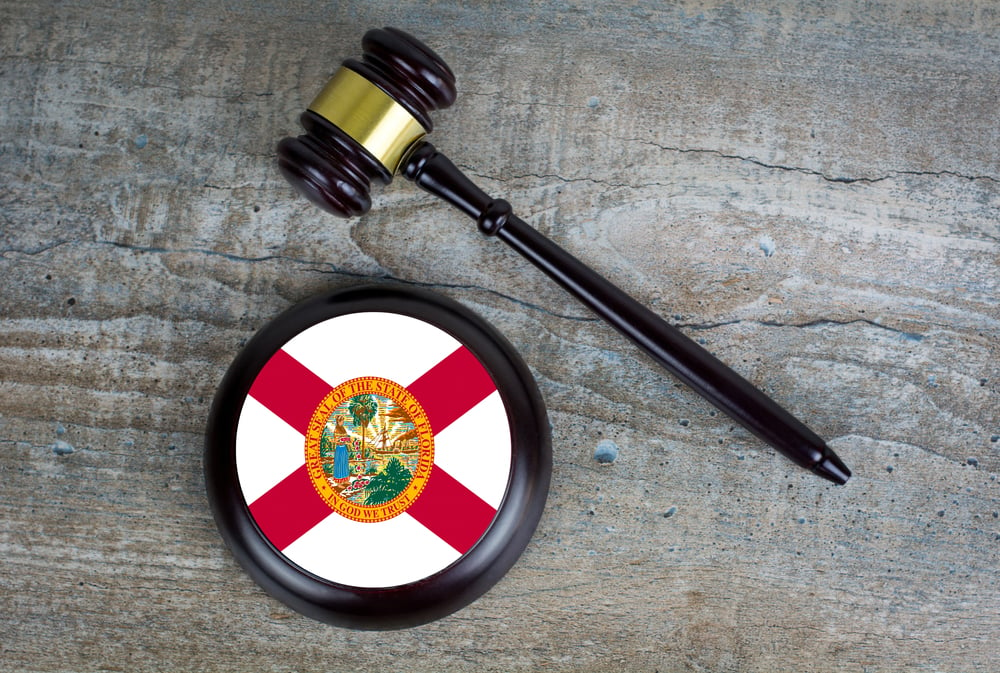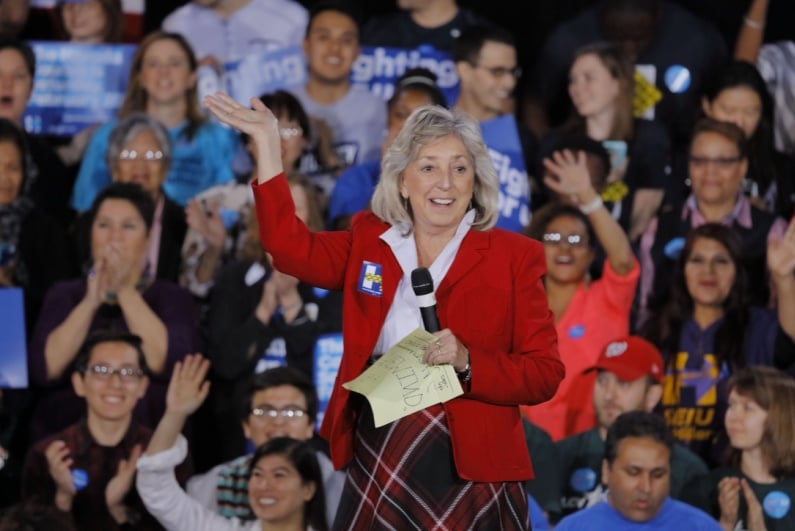Another legal challenge
When Florida Governor Ron DeSantis approved a 30-year online and retail sports betting compact earlier this year, lawmakers expressed concern over potential legal challenges down the line. The first of those have now arrived through a pair of parimutuel operators, who have just filed their second lawsuit in an attempt to block the controversial deal.
The owners of the Miami-based Magic City Casino and the poker room Bonita-Fort Myers Corp, both part of Southwest Parimutuels, filed their first suit last month. The complaint alleged that the compact with the Seminole Tribe of Florida contravened federal law, specifically pointing to the Indian Gaming Regulatory Act (IGRA).
the complaint names the Department of Interior and its secretary Deb Haaland
On Monday, the operators followed this with a second lawsuit filed in the Washington, DC federal district court. This time around, the complaint names the Department of Interior (DOI) and its secretary Deb Haaland for their recent approval of the compact. The federal body okayed the deal earlier this month by default, taking no action to approve or block the deal within a 45-day time limit.
The Seminole compact debate
Rather than attempting to block betting overall, the lawsuits focus specifically on the inclusion of mobile betting in the tribal gaming compact. The plaintiffs argue that this inclusion contravenes federal law as it allows the Seminole to offer sports betting outside of its reservations. A 1986 law called the IGRA prohibits this, only allowing US tribes to offer Class III gaming on their land.
Added to this, in 2018, Florida residents approved Amendment 3, which gave voters the right to approve all gaming expansions in the state with a 60% vote. The complaints claim that Florida lawmakers have essentially allowed for a Class III gaming expansion off tribal lands without securing a popular vote in a referendum.
Following on from the arguments posed in the first suit, the second complaint focuses in part on federal approval of the compact. It alleges that the decision to okay the deal violates the Fifth Amendment which requires a state to govern impartially with equal protection for all parties. The plaintiffs claim that the DOI’s default approval should not stand as a result of this.
Parimutuels to lose out
Not only have the Southwest Parimutuels operators added another lawsuit to their arsenal, they have also amended the first complaint filed against Governor Ron DeSantis. On Tuesday, the plaintiffs added information in regards to a “hub and spoke” plan within the compact, which aims to include parimutuel operators in the sports betting market.
force them into unprofitable partnerships with the Seminole
On paper, the measure allows parimutuels to participate by offering retail betting kiosks at their venues. In the amendment to the lawsuit however, the plaintiffs argue that the deal will force them into unprofitable partnerships with the Seminole to avoid losing further business to other operators.
In support of this claim, Magic City said it had received a letter from Seminole Gaming CEO Jim Allen requesting a sports betting partnership. According to the complaint, the tribe offered 60% of net wins from kiosks to the parimutuel operator. However, the Seminole said it would decide on the split after it had taken an undetermined portion to cover its own costs.
The complaint alleges that partnerships such as this could allow the Seminole to take advantage of parimutuel operators. “These contracts will be uneconomical, but Southwest Pari-mutuels will have no choice but to enter them,” the lawsuit states.




